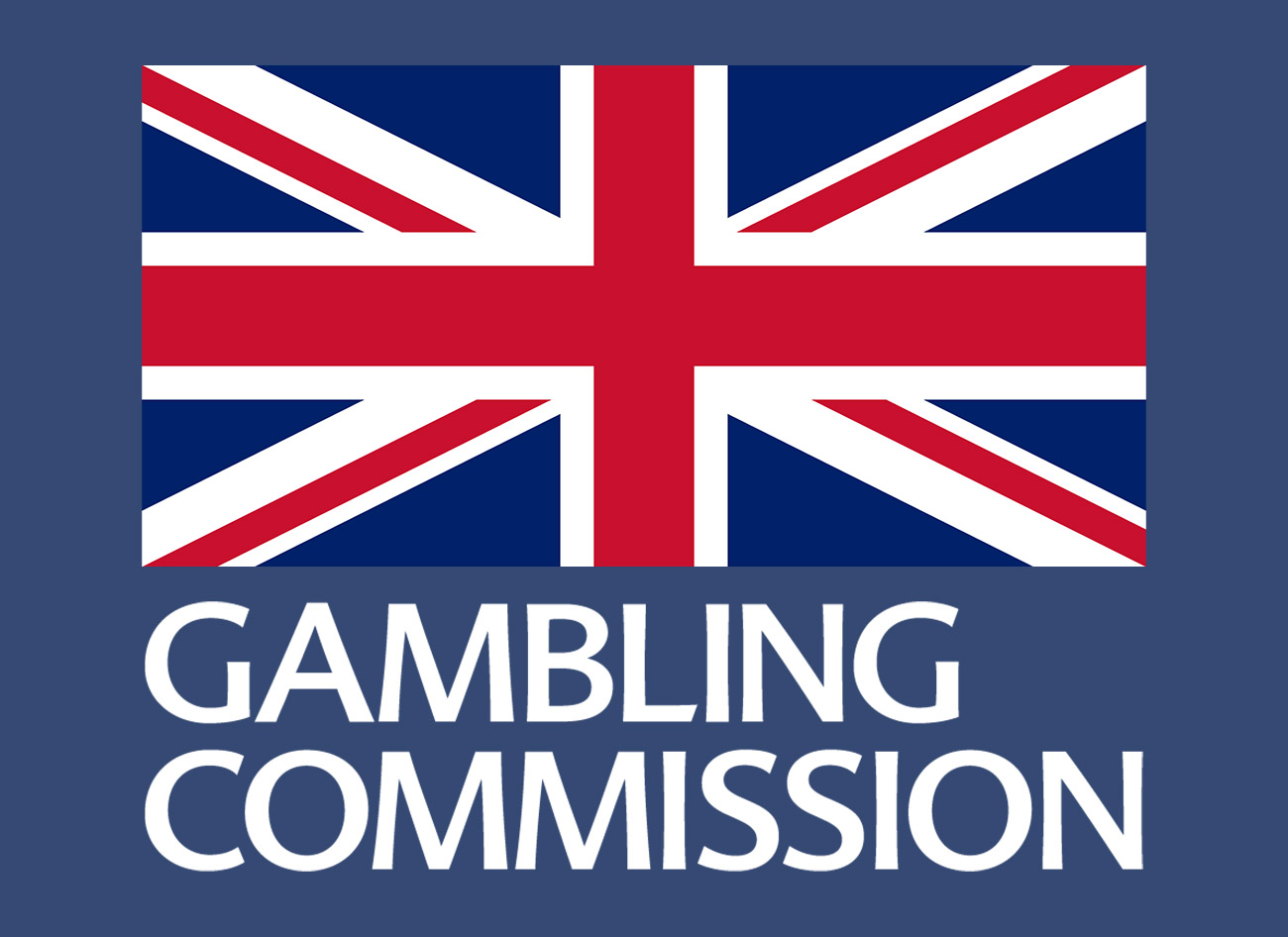UK Gambling Commission
The UK Gambling Commission is a government regulatory body that licenses, regulates, advises and provides guidance on gambling. It works with individuals and businesses to ensure all gambling in the UK is fun, safe and legal. This includes protecting vulnerable players as well as ensuring gambling is not being used for crimes such as embezzlement or fraud.

UK Gambling Commission History
The UK Gambling Commission (UKGC) was first created over 25 years ago under the 2005 Gambling Act. This was set up to take over the Gaming Board for Great Britain and falls under the Department for Culture, Media and Sport. It also includes the National Lottery Commission. Areas of gambling regulation that come under its jurisdiction include:
- Betting
- Casinos
- Lottery
- Bingo
- Slot machines
- Arcades
The Commission is responsible for both gambling in brick-and-mortar establishments and online betting. This includes betting done by other forms of communication, such as over the phone.
Funding for the Commission comes from two main sources. The first is from licensees who fund the vast majority of work that the Commission does. Its other main source of income is from the National Lottery levy, which is a 0.1% fee that is included in all sales from the National Lottery.
The Role of the UK Gambling Commission
The UK Gambling Commission has three main objectives that it strives to carry out. These are:
- Keeping UK Gambling fair
- Keeping crime out of gambling
- Promoting responsible gambling and keeping problem gamblers and children away
Since 2018, new objectives were released by the Commission as they aim to get further public protection, improve industry standards and pursue more consumer protections. To promote safe gambling in the United Kingdom, the Commission regulates the industry by only allowing those who hold licenses to operate legally in this country. If an operator is based abroad, they will still need to retain a UK license to operate in the UK. Licenses are also needed for companies that wish to advertise gambling services or products including through sponsorships and television advertising.
UK Gambling Commission Responsibilities
The responsibilities of the UK Gambling Commission are incredibly important in keeping players safe and ensuring it is not being used for crime. Here are the main responsibilities carried out by this Commission:
| Responsibility | UK Gambling Commission Role |
| Licensing | One of the primary roles of the Commission is to consider requests for licenses and award licenses to gambling operators that will comply with UK law. As much as the Commission can award licences, it can also revoke them or apply levy fines. |
| Remote gambling | Online gambling has become one of the most popular ways to bet, but regulation of these sites is strict. Gambling operators targeting UK players must obtain a license from the UK Gambling Commission, even if they are based abroad. Since the 2014 Gambling Act was introduced, this also includes companies that want to advertise to the UK market. |
| Regulation | It is the role of the Commission to ensure that all licenses are following UK law and maintaining high standards. If it is found that a licensee is not meeting these standards, the Commission has the power to take action against them in the form of fines or completely revoking their license. They may work with the UK police and other organisations when investigating cases involving illegal gambling activities or suspicious betting. |
UKGC Fines
THE UKGC has the power to penalise companies that do not follow the rules and UK laws by issuing fines. There have been many notable cases where large fines were given to companies that broke gambling laws such as failing to carry out money laundering checks and not promoting responsible gambling with players who showed signs of gambling addiction. Some of the most notable cases of large fines being handed to gambling companies include:
- 2016 – The Camelot Group was fined £3 million for not verifying a National Lottery ticket that turned out to be fraudulent
- 2018 – William Hill was fined £6.2 million for failing to check on customers that showed signs of gambling addiction and they also did not carry out the appropriate money laundering checks
- 2018 – LeoVegas was fined £600,000 for misleading marketing and failing to comply on self-exclusions
- 2018 – Sky Betting and Gaming was fined £1 million for not protecting customers that showed signs of gambling addiction
- 2019 – Ladbrokes Coral was fined £5.9 million for failings in responsible gambling and money laundering
- 2022 – The 888 Group received a fine of £9.4 million, one of the largest fines ever issued by the UKGC. The company was found to not have protected vulnerable customers and did not report cases of money laundering
- 2022 – Sky Bet was fined £1.17 million for breaking the law over gambling marketing. The company sent emails to players who had self-excluded and offered them a ‘free spins’ promotion
Gambling companies that repeatedly break the law will be monitored more closely by the UKGC and may have their license revoked if they continue to fail to comply with UK law. The UKGC will investigate public complaints of gambling companies and also any illegal gambling. If a case is serious enough, it may be referred to the police for prosecution.
Safer Gambling
The UK Gambling Commission helps promote and regulate safer gambling in the UK. Their website provides information on:
- Reality checks – get pop-ups on your screen to remind you how much time you are spending gambling
- Time trackers – a clock that displays how much time you are spending on the site
- Machine limits – a spending limit that is set on machines so you cannot spend more than this
- Membership cards – some spending limits can be set via your membership card
- Self-exclude – players can self-exclude themselves from a site for a set period of time
- Banking – many banks will allow you to block payments to gambling services
If you need to find any other information about a gambling site, such as its license number, this can be found on the UKGC website.
Last updated: Jan 24, 2023



